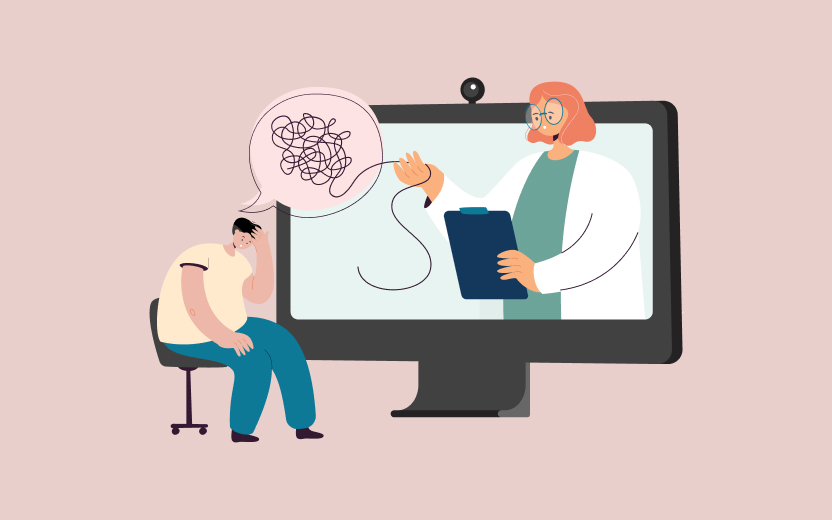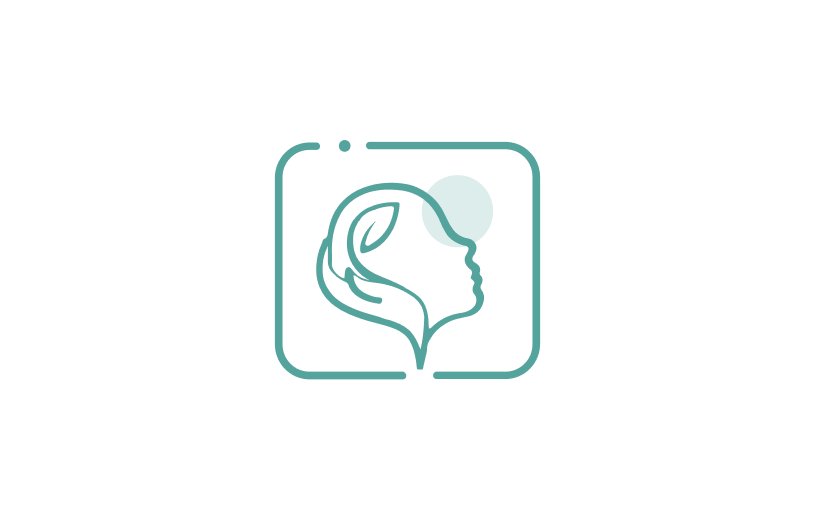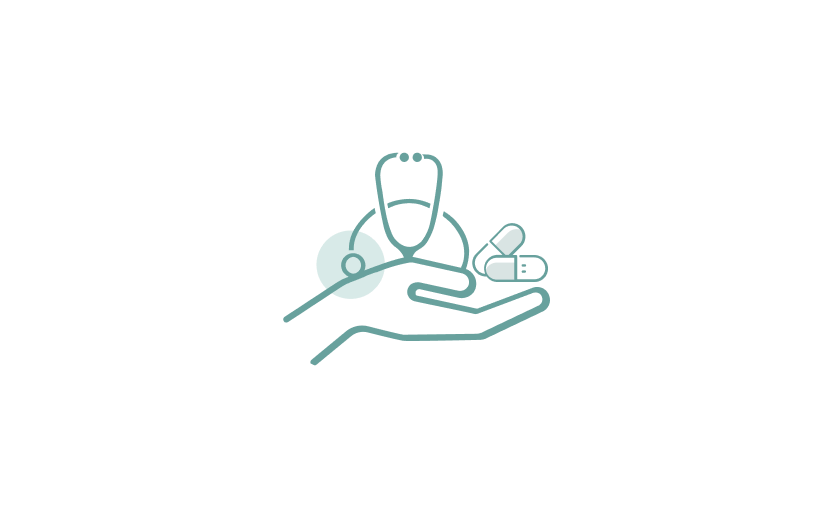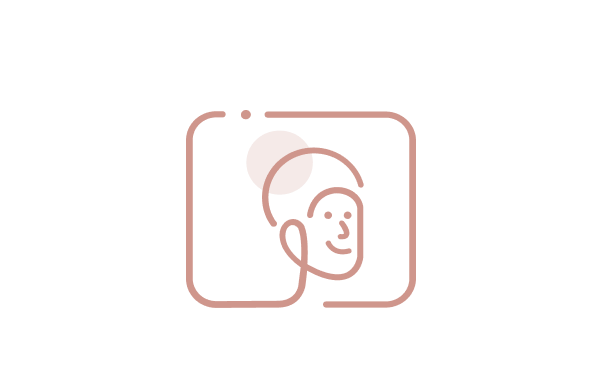Depression
Do you often feel overwhelmed by persistent sadness, lack of motivation, and a loss of interest in activities you once enjoyed? MediPsych’s empathetic providers offer comprehensive support and evidence-based treatments to help you overcome depression.
What is Depression?
Imagine a cloud that follows you wherever you go, casting a shadow over every aspect of your life. That’s what it can feel like for someone with depression. This mental health condition affects mood, energy levels, and overall well-being, making even simple tasks feel overwhelming and exhausting.
Depression is a mood disorder that impacts the brain and often begins in adolescence or adulthood. It can coexist with other mental health disorders, such as anxiety, eating disorders, and substance abuse.
Without appropriate intervention and support, depression can worsen over time. An untreated individual with depression might feel trapped in a dark tunnel, unable to find joy or motivation, and struggling to fulfill their potential.
leading Symptoms
The many faces of Depression

Major Depressive Disorder
Imagine someone who experiences persistent feelings of sadness, emptiness, and a loss of interest in activities they once enjoyed. They may also have significant changes in appetite, sleep patterns, and energy levels, as well as difficulty concentrating.

Persistent Depressive Disorder
This is a long-term form of depression characterized by a low mood that lasts for at least two years. The individual may have periods of major depressive episodes along with persistent symptoms such as feelings of hopelessness, low self-esteem, and a lack of energy..

Seasonal Affective Disorder
Think of someone who experiences recurrent episodes of depression that coincide with specific seasons, most commonly during winter months when there is less natural sunlight. They may feel lethargic, oversleep, gain weight, and have difficulty concentrating during these periods.

Postpartum Depression
This is a depressive episode that occurs after giving birth, affecting mothers physically, emotionally, and mentally. They may experience intense feelings of sadness, anxiety, and fatigue, making it challenging to care for themselves and their newborn.
Do you think you might have Depression
Take the self-assessment
I often
- often
- rarely
- sometimes
have severe mood swings and find it difficult to control my emotions
most of the time
- most of the time
- regular intervals
I
sometimes
- always
- sometimes
- rarely
have a hard time concentrating and get between
4-5 hours
- 4-5 hours
- 5-6 hours
sleep each night.
- often
- rarely
- sometimes
- most of the time
- regular intervals
- always
- sometimes
- rarely
- 4-5 hours
- 5-6 hours
What symptoms to look out for
-
Children Childhood depression may present with different characteristics than adult depression such as iIrritability or anger, frequent anger outbursts or “temper tantrums”, trouble concentrating (often confused with ADHD), isolation from family and friends and poor academic performance.
-
Adolescents Depressive symptoms in teens may exhibit as irritability or anger, a significant drop in academic performance, withdrawing from specific groups of people like trusted adults or friends, changes in sleeping habits and significant weight change.
-
Adults Major depressive disorder affects about 8.4% of adults in the US with women being more likely to report symptoms of depression than men. Adults with depression tend to self-isolate from family, friends, and social activities.



Schedule an appointment to be assessed for Depression
Unmasking Depression:
Diagnosis
Getting a diagnosis involves a comprehensive evaluation. It’s not just about recognizing certain symptoms, but understanding their impact on day-to-day life, relationships, and overall well-being. It is important to work with a trusted mental health professional, who can help differentiate between symptoms of depression and symptoms of other disorders, such as anxiety, bipolar disorder, or a medical condition.
Treatment
Finding the balance
Most people with depression benefit from a combination of:

Medication
Antidepressant medications can help manage symptoms and restore a balance of chemicals in the brain. A mental health provider can help determine which medications might be most helpful and most appropriate for you and your individual symptoms.

Therapy
Different types of therapy, such as cognitive-behavioral therapy (CBT) or interpersonal therapy (IPT), can help individuals identify and change negative thought patterns, develop coping strategies, and improve their overall mental well-being.

Support Systems
Building a strong support network of friends, family, and professionals is essential in managing depression. Supportive relationships and a sense of belonging can provide comfort, understanding, and encouragement.

Self-Care
Engaging in self-care activities, such as exercise, mindfulness, adequate sleep, and healthy eating, can help improve mood and overall well-being.
